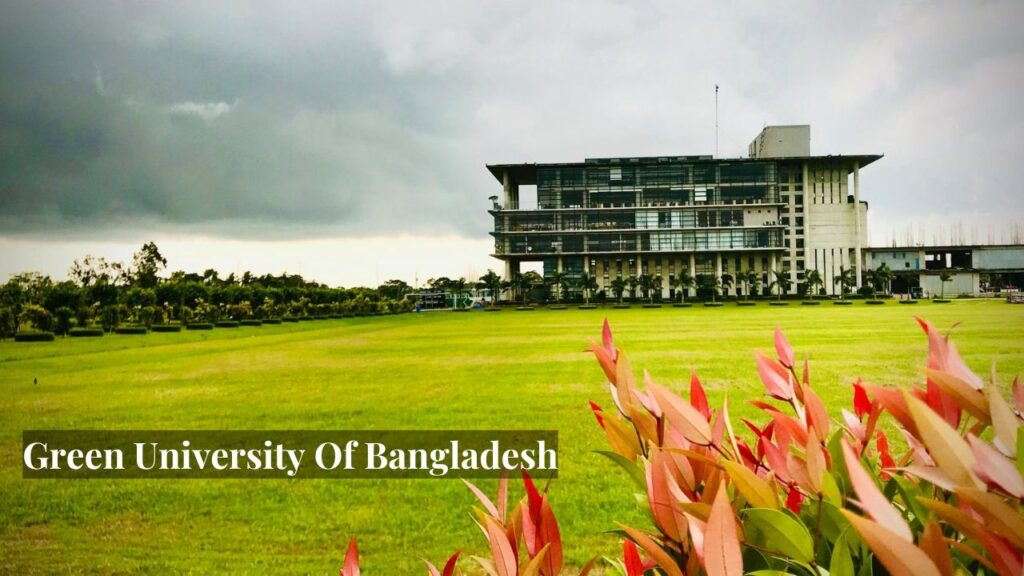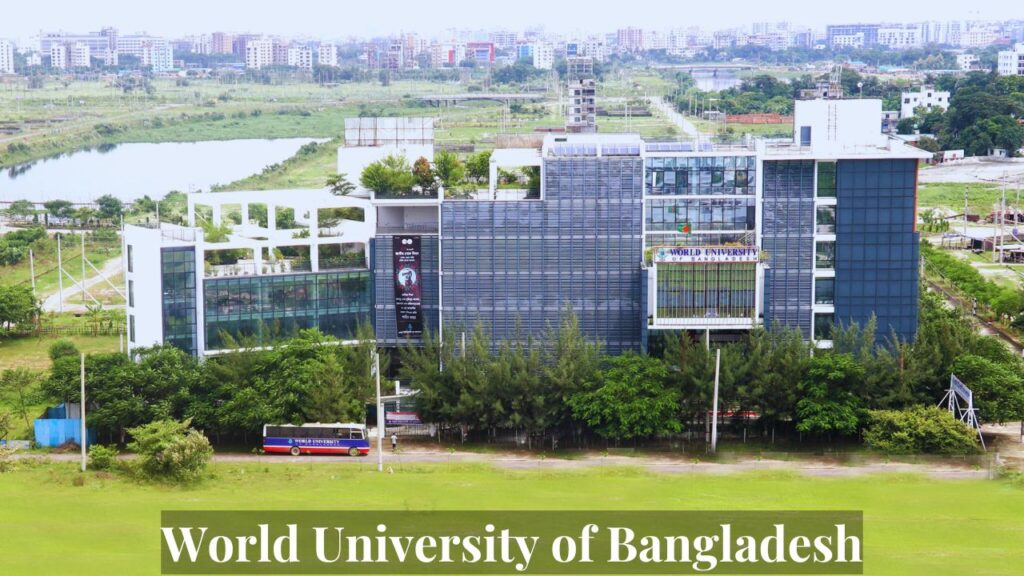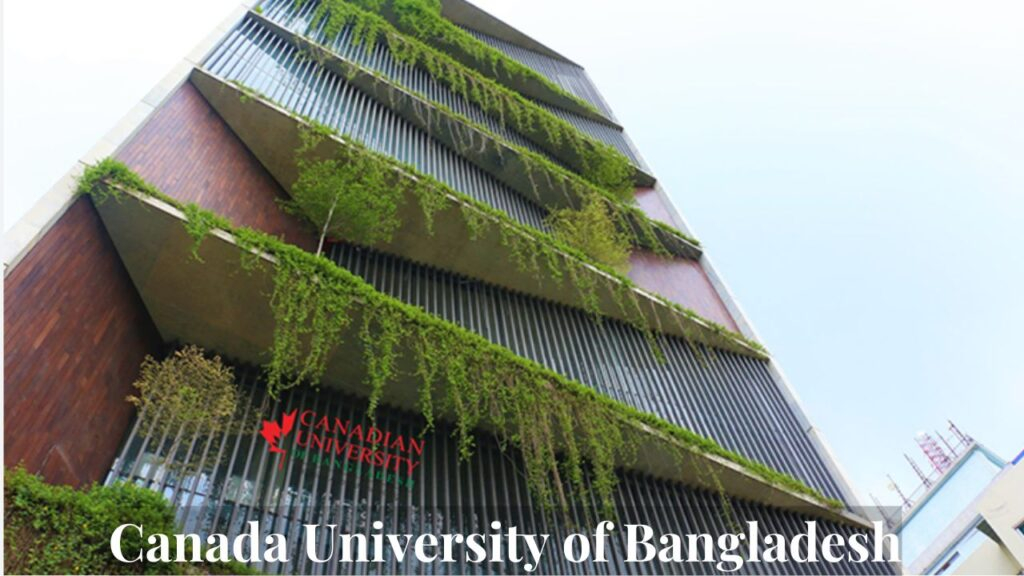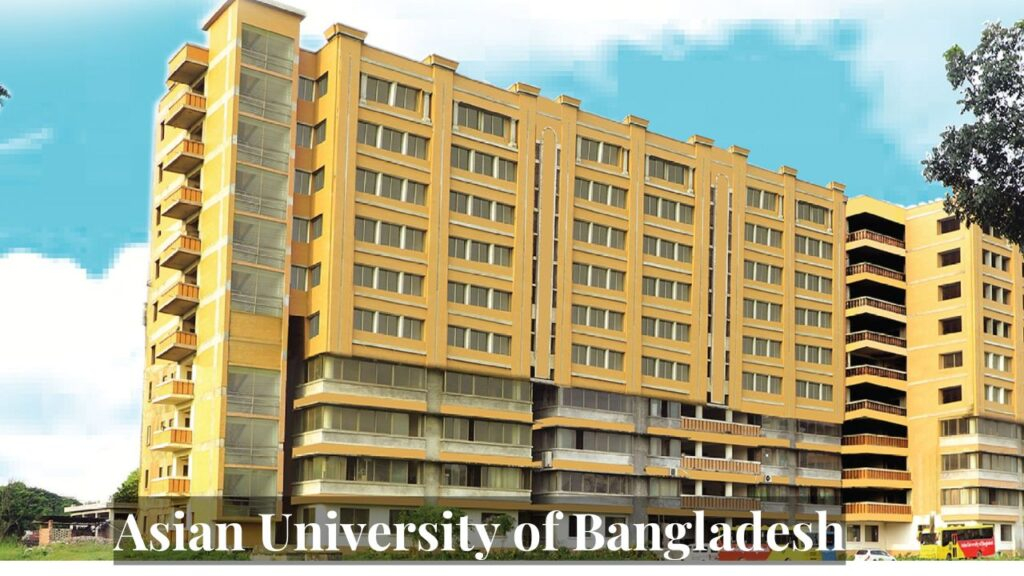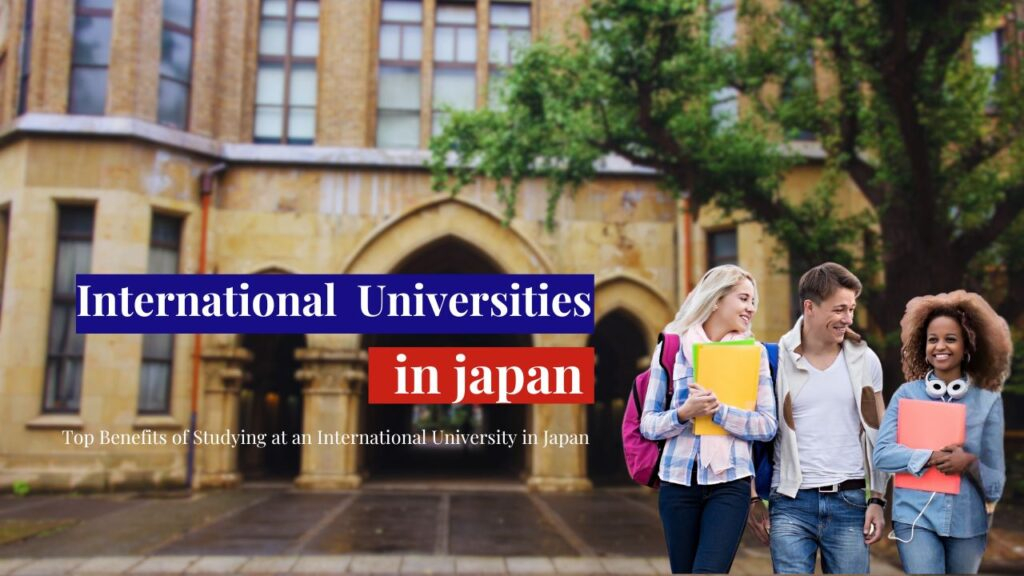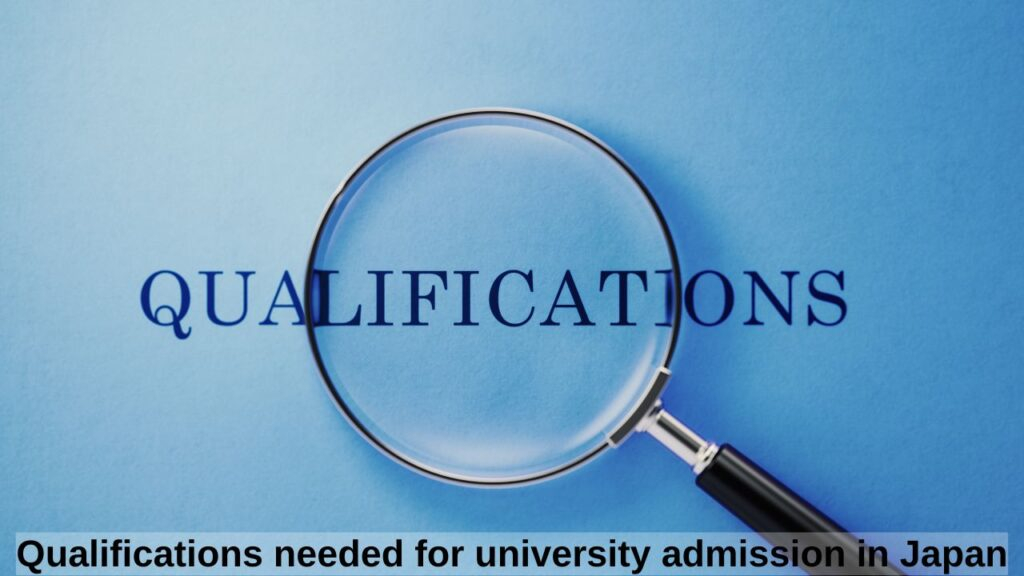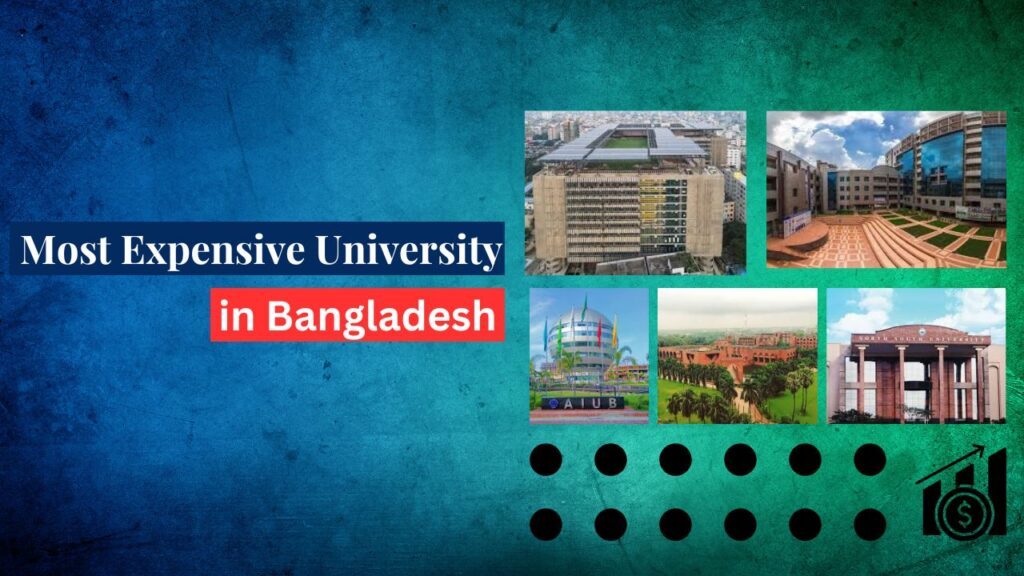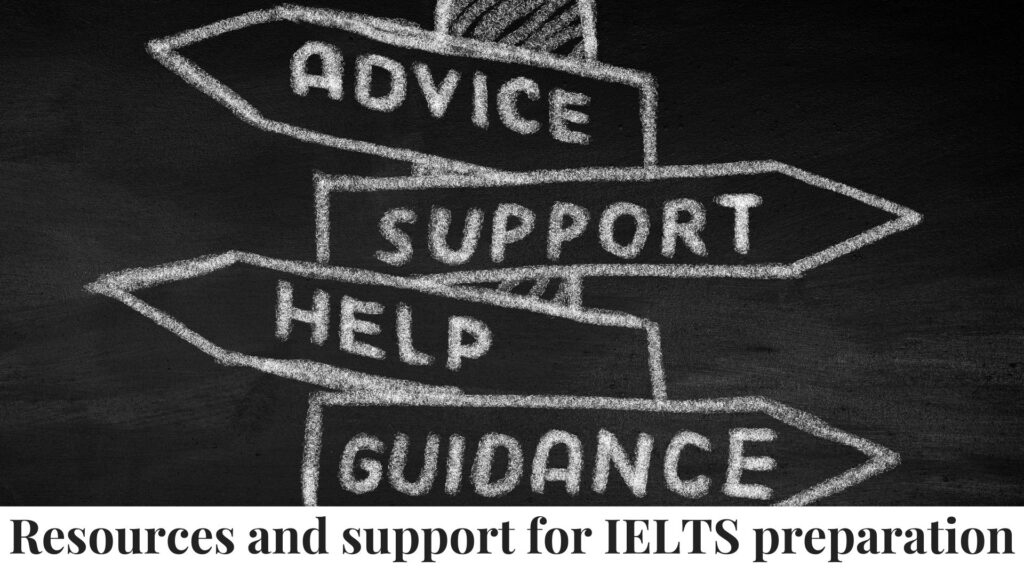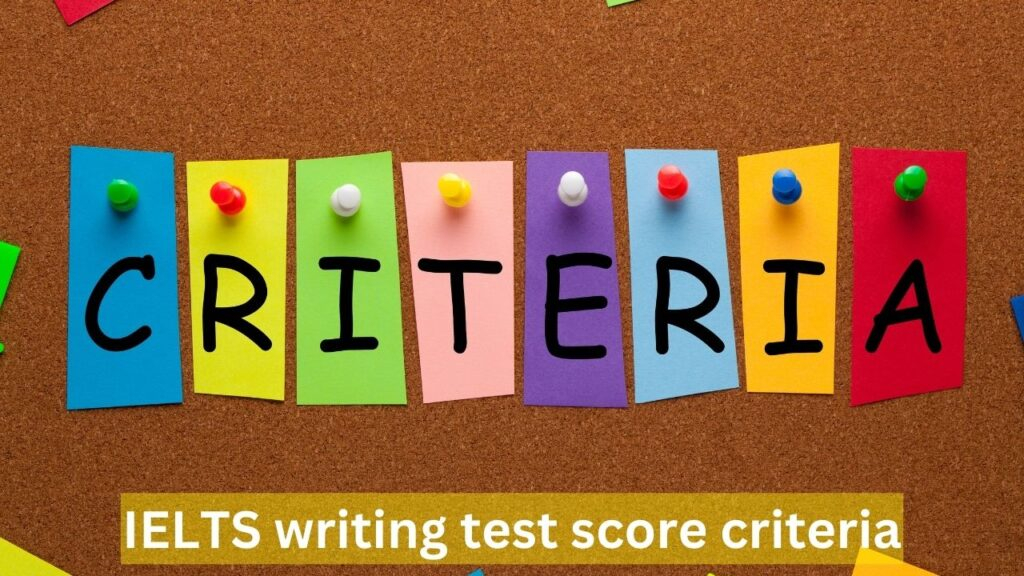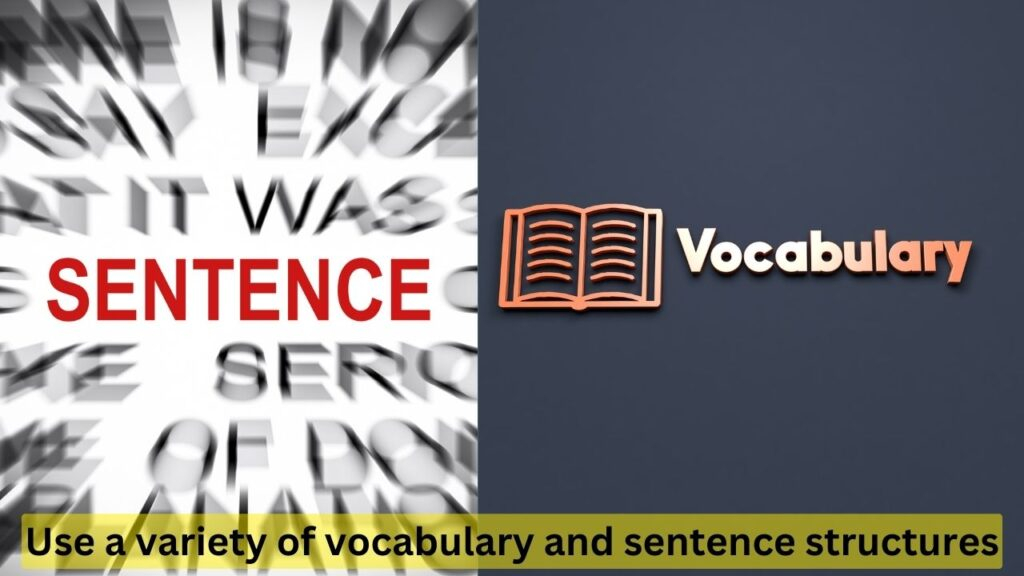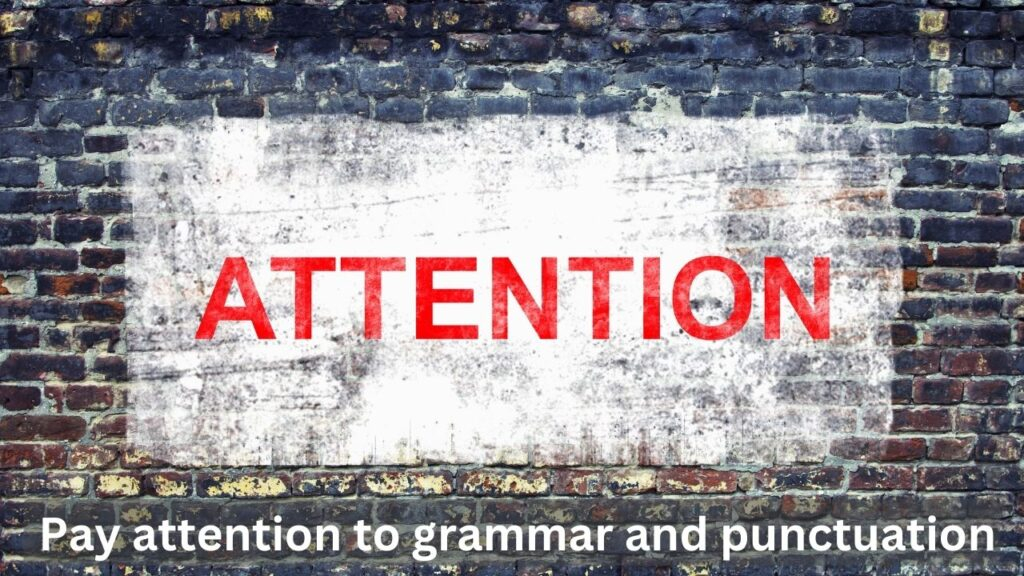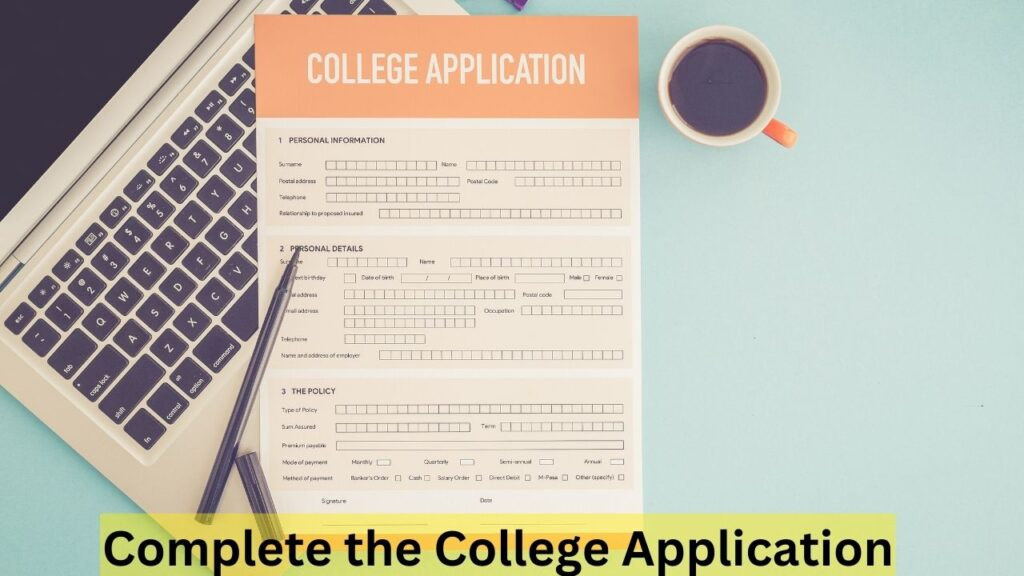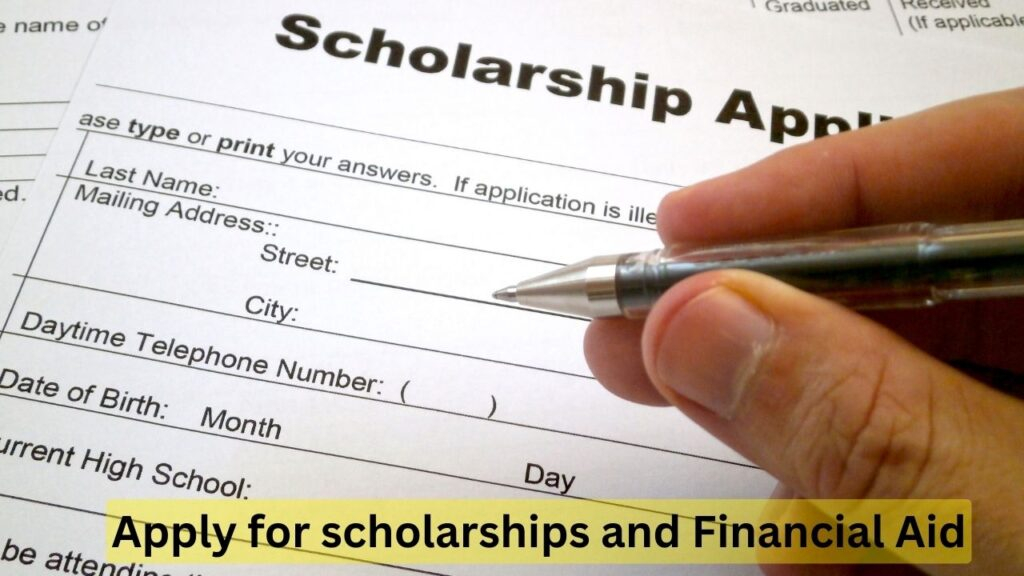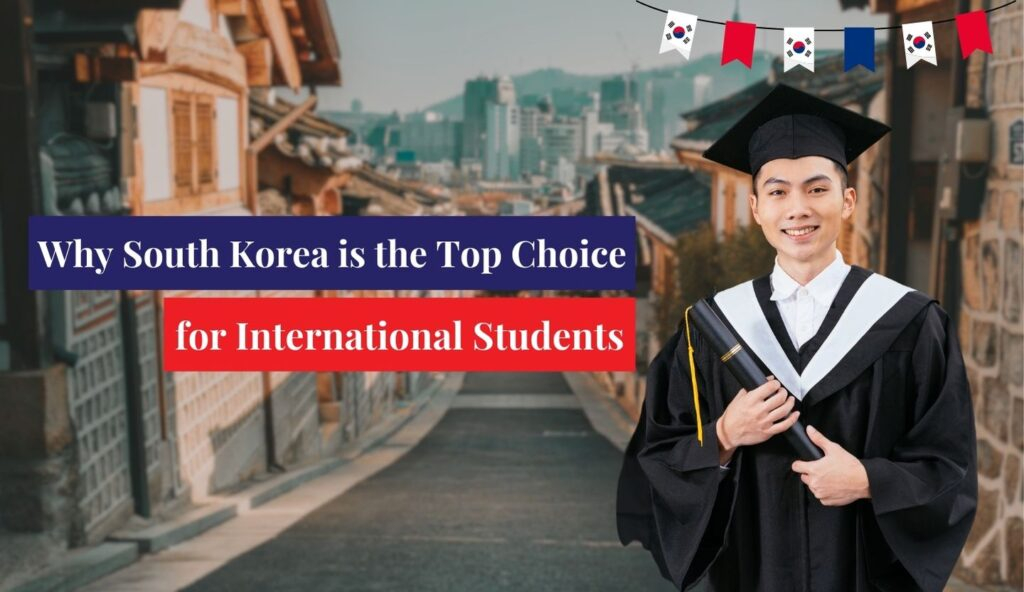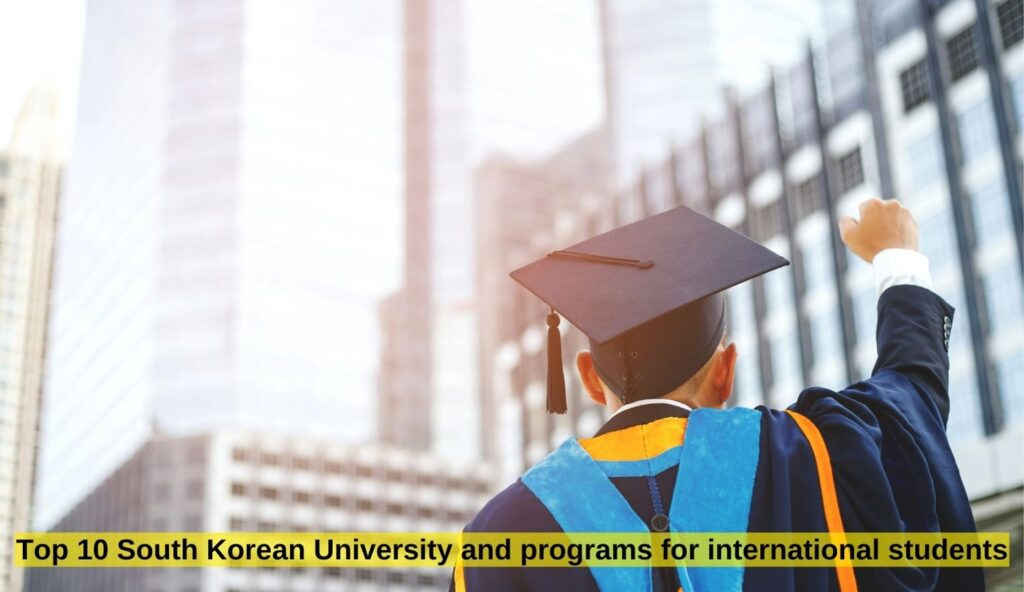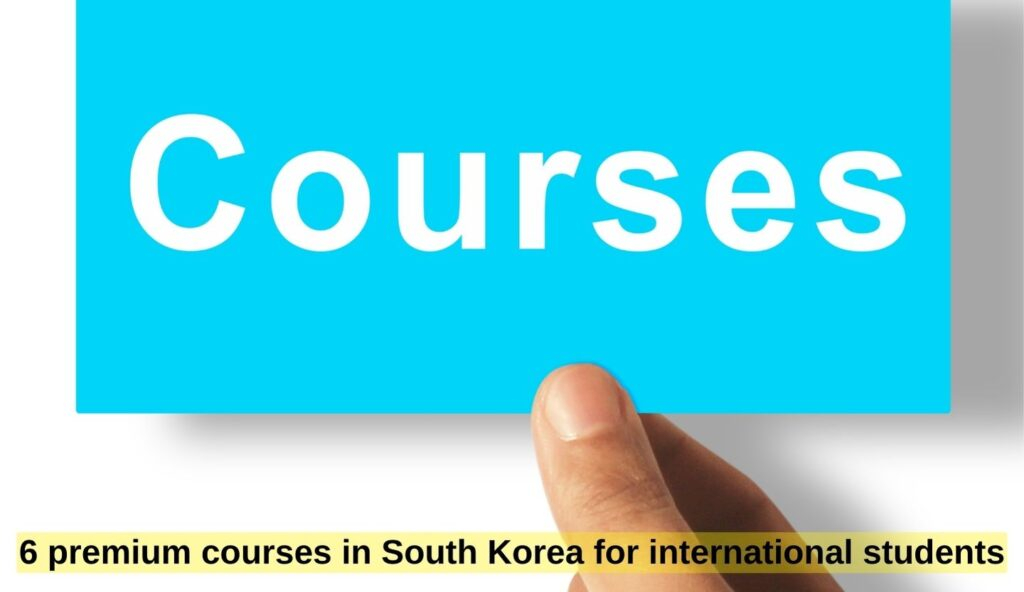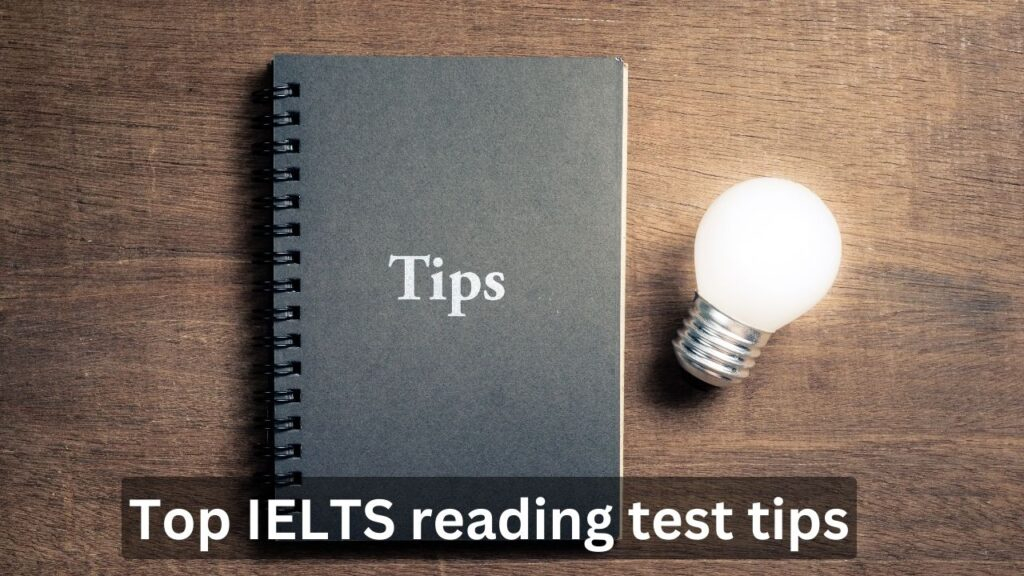japan education for international students
Why Japan Education for International Students is a Top Choice
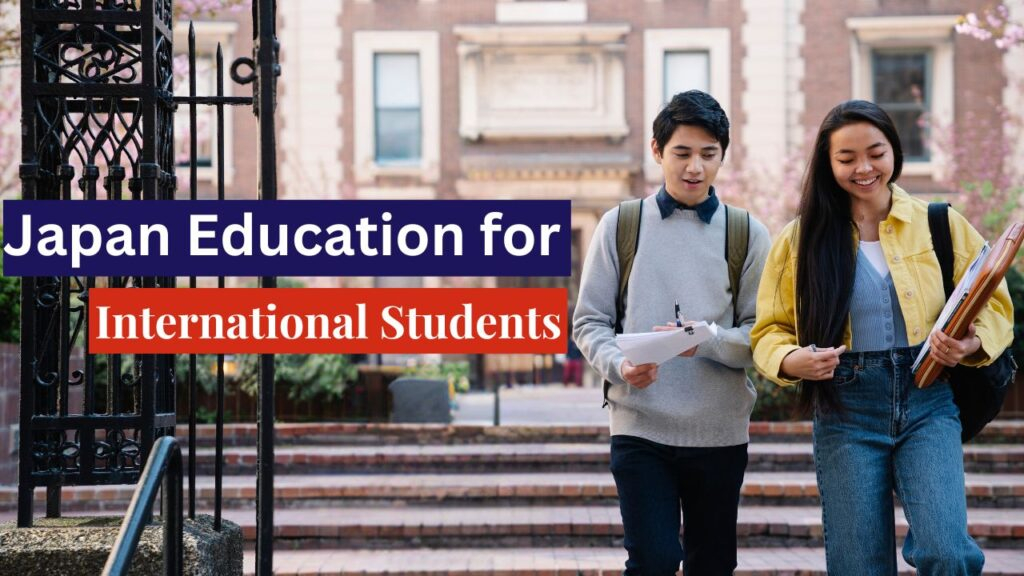
Imagine studying in a country where 96% of students graduate, and 80% of those graduates find employment within six months. Japan offers this and much more. According to QS ranking 2024, 8 universities from Japan ranked in the top 150 globally. However, what or who makes Japan the number one destination for students nowadays? From cheap and needless tuition fees to networking all over the globe, Japan’s education system is ready to support you. So, if you are curious why Japanese education for international students is a top choice, let’s dive in.
Why Japan is Emerging as a Top Choice for Education

- Japan has credible universities with world standards and accommodates international students aspiring to study in universities with quality education and research facilities in different disciplines.
- Japan’s high ratings in innovation and technology provide students with well-equipped facilities that enhance knowledge and job prospects.
- Japanese education offers a unique blend of tradition and the new world order, providing students with a global perspective.
- The Japanese tuition fee and cost of living are relatively low compared to other countries, making quality education attainable for international students.
- The relationship between Japanese universities and industries is solid; they give students internship opportunities and work experience and open doors to the job markets.
- There are several schemes of scholarships, languages, and special services for international students in Japan that guarantee a friendly environment.
Education System in Japan
Structured and Rigorous Curriculum
- Japan’s top education system features a clear curriculum that covers discipline, critical thinking, and problem-solving skills. From primary schools to tertiary institutions, the education system trains students to be academically productive and hard-working.
Focus on Holistic Development
- The Japanese education system provides well-rounded training through academic, physical, moral, and cultural education. These strategies help the institution to achieve the goal of producing well-balanced individuals in the end.
High-Quality Teacher Training
- Japan invests significantly in teacher training to ensure educators are experienced and use the best teaching methodsA testimony of Japan’s commitment to offering quality education is evident in its students’ results in various regional and international benchmarks, such as the yearly PISA test.
Use of technology in teaching and learning
- Educators in Japan widely incorporate technology into the educational process, actively applying digital devices and e-learning platforms in classrooms. This approach prepares students for a future increasingly dominated by technology and enhances their learning experience.
Major Focus on Research and Development
- The research and innovation of Japan’s higher education institutions are pretty well recognized and admired. It is most industrialized, with universities closely working with industries and government organizations, carrying out research activities across various fields in engineering, medicine, and technology, which places Japan amongst the highest producers of research in the world.
Culturally welcoming environment for international students
- Since the rise of internationalization, the Japanese education system has been more and more open and welcoming to international students, including providing more courses in English, exchange programs, and various support services to assist these students in learning and their social lives.

For an Inquiry about Japan: (880) 1930-350350
Top Universities in Japan for International Students
Here is the list of the top 10 universities in Japan for international students.
UNIVERSITY NAME | QS RANKING( Globally ) |
1. The University of Tokyo | 28th |
2. Kyoto University | 49th |
3. Osaka University | 77th |
4. Tohoku University | 81th |
5. Nagoya University | 100th |
6. Kyushu University | 119th |
7. Tokyo Institute of Technology | 124th |
8. Hokkaido University | 145th |
9. Waseda University | Top 13.3% |
10. Keio University | Top 14% |
Scholarships and Financial Support in Japan

- It is easier for us to think about education abroad with scholarships. So, here is how you can get scholarships in Japan.
- Keep good grades; most scholarships go to students with good grades.
- When applying for international programs, it’s crucial to demonstrate language proficiency. For Japanese programs, a good score on the Japanese Language Proficiency Test (JLPT) is a must, while for English programs, a good score in IELTS or TOEFL is essential.
- Go through the university or to scholarship departments such as MEXT, JASSO, or private bodies.
- Follow courses that cut across disciplines preferred by scholarship-provider agencies, such as science and technology or international relations.
- Some scholarships consider your financial status; include documents in your application.
How to apply for study programs in Japan

- Find universities and programs that are interesting to you as a student and suitable for your future occupation.
- Check every program’s required admission requirements, language,y, and other essential documents.
- Collect academic records and documents, recommendation letters, statement of purpose/letter of intent, and language proficiency tests.
- Sit for any entrance tests that may be required, such as the EJU or any course-specific exams.
- Send it directly to the university either through their online application processes as provided or to the admission office.
- The process of scholarship searching and application should involve selecting the relevant and appropriate ones according to the qualifications and required criteria.
- We await the respective universities’ acceptance letters and prepare for other processes, such as visas.
- After all the steps, you should go to the Japanese embassy to apply for a visa.
Life in Japan for International Students

Cultural Immersion
- Studying in Japan also enables students to experience an Asian culture that amazingly balances the traditional with the contemporary. The students can learn the Japanese way of celebration through festivals or try the cultural food of Japan.
Safe and Welcoming Environment
- Japan is a very safe country that welcomes foreigners so that international students will feel at ease. The crime rate and the attitude of the people in the country make the experience of life in a new country less stressful for the students.
Efficient Public Transportation
- A rich network and punctuality of Japanese public transportation ensure that students can quickly move within and out of cities and learn about Japan. Public transport such as trains, buses, and subways are well-organized, well-maintained, and cheap, enabling students to commute.
Affordable Living Options
- Many people believe living in Japan is costly; however, finding housing through student dormitories or shared apartments is relatively cheaper.
Support Service for International Students
Here’s a breakdown of the Support Services for International Students in Japan using a point system:
- Orientation Programs
- Most universities in Japan offer international students an orientation exercise that acquaints them with the campus’s physical and social setting, academic requirements, and social taboos.
- Language Support
- Several schools and other entities offer Japanese classes or enrichment lessons to strengthen international students’ language skills and facilitate daily life and academic performance.
- Counseling/Therapeutic services
- Special counseling facilities encompassing mental health, cultural, and academic issues are also provided to the ICs so that they can live a happy life during their program.
- It involves career guidance and a job placement section.
- Today, universities provide international learners with career consulting services, seminars, and even employment expos to assist learners in pursuing Japanese employment after graduation.
- Student Support Offices
- Like other institutions, universities have facilities that cater to international students regarding visas, accommodation, and other related matters, which are crucial for foreigners throughout their stay.
Experts' Opinions on Japan Education
Expert Opinions on Japan’s Education System: The Protagonist and the Antagonist
Why Japan’s Education System is Praised:
- High Literacy and Numeracy Rates: Japan has had a perfect transition in primary education, particularly in literacy and numeracy. Japanese students achieve significantly higher results than students from other countries and worldwide concentrating on Mathematics and Sciences streams. This success stems from the substantial number sense and word sense that students develop early on. (Asia Society) . This issue is due to numeracy and literacy education, which are available early (Asia Explained).
- Discipline and Hard Work:The Japanese education system instills discipline and a strong work ethic in students. Studying is essential to most students’ culture, and the competitive character of academic education orients students to performance and hard work. ( Tofugu ).
- Cultural Integration and Character Building: Like all schools in Japan, they aim to enhance academic excellence and mold the students’ character. Teachers in Japan teach decency in students by emphasizing respect, responsibility, and a strong work ethic—core principles deeply rooted in Japanese culture. (Asia Society).
Criticisms of Japan’s Education System:
- Lack of Creativity and Critical Thinking: Despite being one of the best in the world, the Japanese education system has significant weaknesses. It rarely fosters innovation, as the rigid focus on memorization and standardized testing limits opportunities for students to engage in critical thinking or develop problem-solving skills. The strict curriculum and heavy reliance on rote learning leave little room for creativity or exploring new ideas, essential for fostering innovation (Tofugu).
- Gender Inequality: As for the social issues, gender inequality has been an oppression that Japan’s education system has failed to overcome. There are limited women in higher education, especially in academic leadership positions in faculties. Such factors include culture, which hampers women’s employment opportunities in the educational sector and other organizations (Asia Explained).
- Pressure and Mental Health Concerns: This factor alone has caused high rates of mental health challenges seen among individuals in school. Most enter college under immense pressure to deliver from families and societies, which puts them under stress and anxiety (Tofugu).
These views also prove the effectiveness and inefficiency of Japan’s education system, which makes it astonishing as a model of education while, at the same time, having some issues that still require improvement.
Conclusion on Japan's Education System
Hence, it is necessary to consider the key points that I have elaborated on about the case study in this article:
Strengths in Academic Achievement:
- Assessing the Japanese education system, one has to conclude that it efficiently trains students to have good literacy and number sense. Policies such as discipline push the students to work harder, resulting in high academic accomplishment in the international arena.
Areas Needing Improvement:
- However, several determinants have been said about the system; the most appropriate disappointment is the insignificant emphasis put on creativity and critical thinking skills, which are crucial in the current world as they relate to innovation, more so adaptability. Moreover, the problem of gender imbalance with patients and mental disorders being rampant among students persists.
Balancing Tradition and Innovation:
- To retain its status as a world leader in education, Japan has to preserve what has been effective while investing in changes, such as increased creativity, gender sensitivity, and students’ well-being.
The following points show that Japan and its educational system are a multifaceted reality where achievements come with pain (Asia Society) (Asia Explained) (Tofugu).
japan education for international students Read More »



